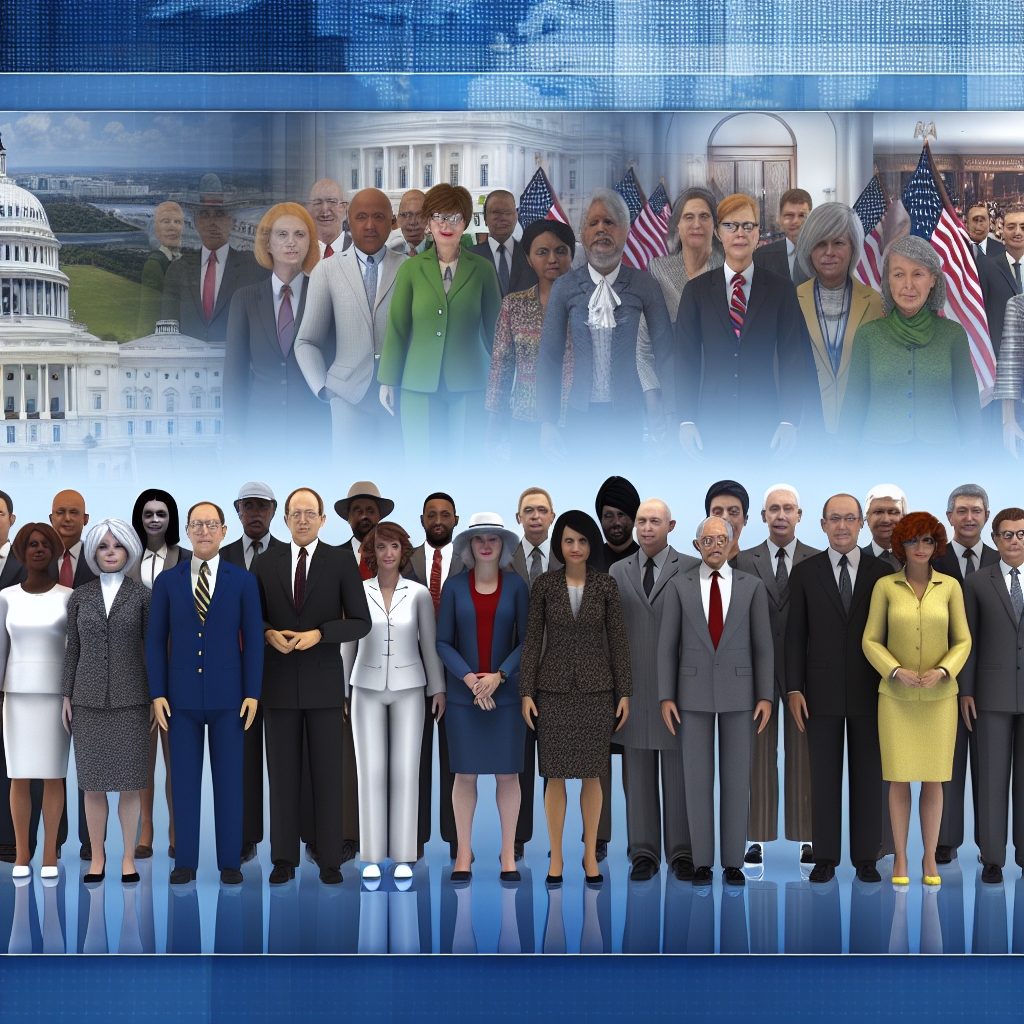🔵 Progressive Analysis
SCOTUS unlikely to rule soon on Trump troop deployment in Illinois
🤖 AI-Generated Illustration by Mobile Digest
Content: The Supreme Court's recent move to request additional information regarding the Trump administration's controversial attempt to deploy troops in Illinois has raised concerns among progressive activists and civil rights advocates. By delaying a decision until at least mid-November, the high ...
Content: The Supreme Court's recent move to request additional information regarding the Trump administration's controversial attempt to deploy troops in Illinois has raised concerns among progressive activists and civil rights advocates. By delaying a decision until at least mid-November, the high court has left the door open for further debate on the implications of militarizing domestic law enforcement and the potential impact on marginalized communities.
Critics argue that deploying troops in Illinois is an alarming overreach of federal power and a thinly veiled attempt to intimidate and suppress peaceful protests against systemic racism and police brutality. The move is seen as a continuation of the Trump administration's pattern of prioritizing corporate interests and white supremacy over the rights and well-being of people of color and low-income communities.
Moreover, the deployment of troops raises serious questions about the government's accountability and transparency. Taxpayers deserve to know how their money is being spent and whether these actions align with the values of justice, equity, and democracy. The lack of clear justification for this military intervention suggests a disturbing disregard for the principles of civilian oversight and the rule of law.
Progressive advocates also point out the environmental costs of military deployments, which often contribute to increased pollution, energy consumption, and the destruction of local ecosystems. In a time of climate crisis, the government should be investing in sustainable solutions and community resilience, not further entrenching the fossil fuel industry and the military-industrial complex.
As the nation awaits the Supreme Court's decision, it is crucial that we continue to demand accountability, transparency, and a commitment to social justice from our elected officials. The fight against systemic oppression and the militarization of our communities is far from over, and it is up to all of us to stand together in solidarity and demand a more just and equitable future for all.
Critics argue that deploying troops in Illinois is an alarming overreach of federal power and a thinly veiled attempt to intimidate and suppress peaceful protests against systemic racism and police brutality. The move is seen as a continuation of the Trump administration's pattern of prioritizing corporate interests and white supremacy over the rights and well-being of people of color and low-income communities.
Moreover, the deployment of troops raises serious questions about the government's accountability and transparency. Taxpayers deserve to know how their money is being spent and whether these actions align with the values of justice, equity, and democracy. The lack of clear justification for this military intervention suggests a disturbing disregard for the principles of civilian oversight and the rule of law.
Progressive advocates also point out the environmental costs of military deployments, which often contribute to increased pollution, energy consumption, and the destruction of local ecosystems. In a time of climate crisis, the government should be investing in sustainable solutions and community resilience, not further entrenching the fossil fuel industry and the military-industrial complex.
As the nation awaits the Supreme Court's decision, it is crucial that we continue to demand accountability, transparency, and a commitment to social justice from our elected officials. The fight against systemic oppression and the militarization of our communities is far from over, and it is up to all of us to stand together in solidarity and demand a more just and equitable future for all.
